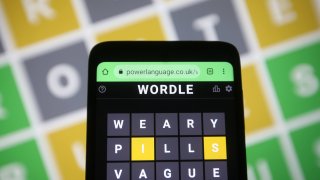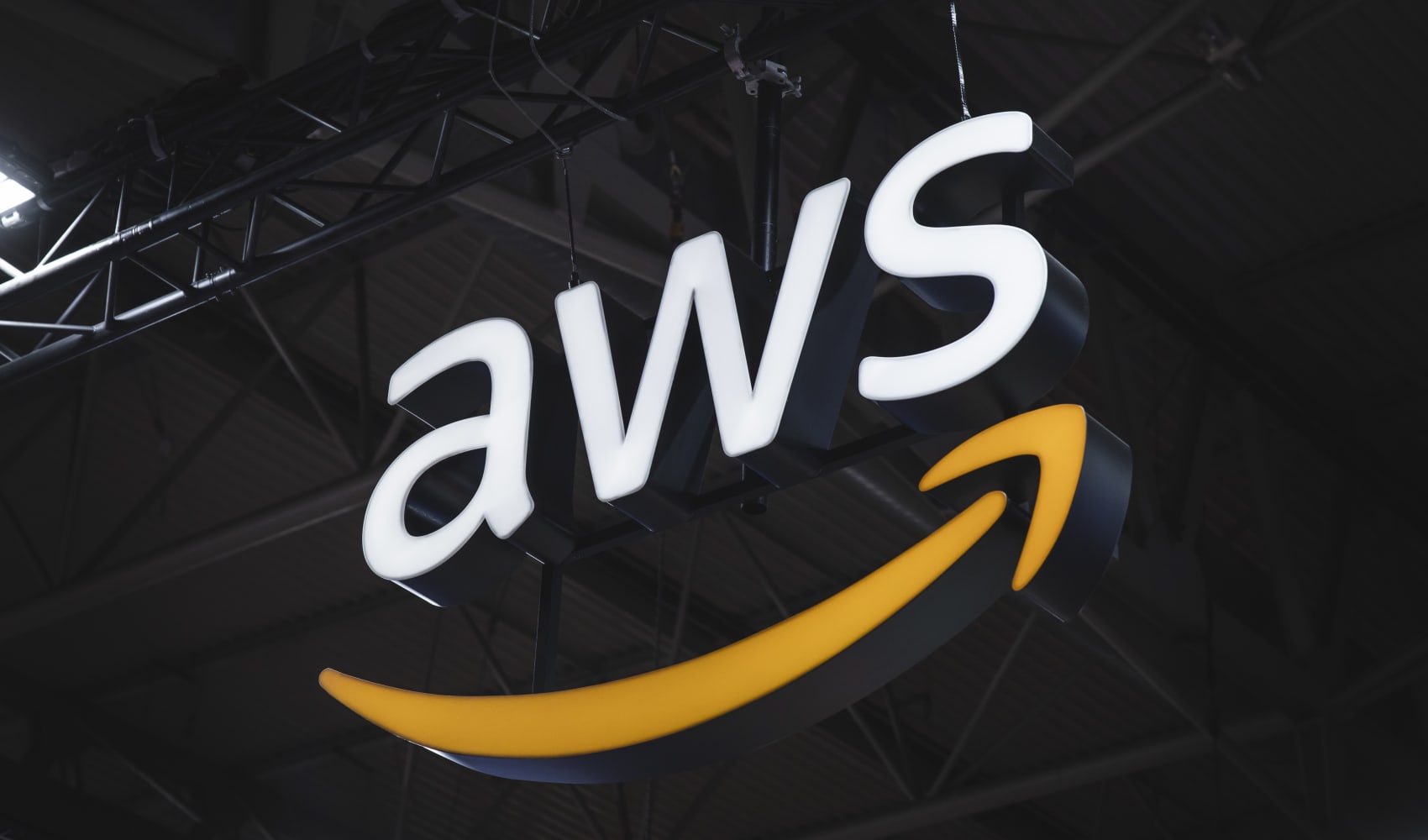
If your first waking moments are spent making a fresh list of five-letter words, then you already know the allure of the internet's hottest viral word game: Wordle.
Since it first launched in October, Wordle has drawn in millions of daily players who desperately try to guess one new five-letter word each day in no more than six attempts. Even if you haven't played Wordle, it's likely your social media feeds have been flooded with yellow, green and gray emoji squares from Wordle players broadcasting their daily results.
Designed by Brooklyn-based software engineer Josh Wardle, Wordle had only 90 players on Nov. 1, a month after launching, but that number skyrocketed into the millions by the end of January.
Despite Wordle's lack of advertisements and Wardle not charging fans to play his game, the creator has already made a bundle from the side project's viral popularity. He recently sold Wordle to The New York Times for a price in the low-seven figures. While the deal leaves the game's ad-free, free-to-play future up in the air, one thing remains clear — people are hooked.
Get Connecticut local news, weather forecasts and entertainment stories to your inbox. Sign up for NBC Connecticut newsletters.
Whether you've personally joined the ranks of the Wordle-obsessed or not, chances are you know more than a few people who have. Friends, colleagues, family members and acquaintances are sharing their daily Wordle results, bonding over their triumphs and pitfalls.
But why do people love the game so much? Experts weigh in on the reasons behind the latest virtual phenomenon.
Money Report
Anticipation and a sense of belonging
There's no doubt that the social aspect of Wordle, the ability to easily share your own results — on social media, via text message, or over email — and also see how quickly others guessed the daily term, has been a huge factor driving the game's rapid ascension.
"I don't know about your Twitter feed, but mine is just blown up with these visual images of Wordle, and so the fact that it's so shareable is one reason that has exploded, for sure," Kelli Dunlap, a clinical psychologist and game design professor at American University, tells CNBC Make It.
Douglas Gentile, a psychology professor at Iowa State University, tells CNBC Make It that Wordle actually perfectly fulfills what he calls the "ABC of human needs."
"A is autonomy. We want to feel like we're in control of our lives, B is belongingness. We want to feel like we're connected to other people," Gentile said. "And the C is competence. We like feeling [we're] good at something."
Choosing to take a few minutes out of your day to play Wordle, along with the game's relatively simple structure and gameplay, can give players a semblance of control. Sharing your wins or losses can help you feel more connected, whether it's to the people in your lives or just to the growing online Wordle community at large. The feeling of competence comes from solving the daily puzzle, or at least faring better than your friends.
It also helps that Wordle updates its mystery word just once a day, allowing a player's anticipation to build every 24 hours, Dunlap adds.
"The fact that it is only once a day, it gives you something to look forward to," she says.
'Guilt-free' and easy to play
For now, anyone can play Wordle. The game's relative ease of access makes it a draw for players from any age group or demographic.
"The rules are few and the overall objective is relatively easy to comprehend, which lends to notions of instant gratification," Michael Toma, a cognitive psychologist, tells CNBC Make It.
"Beyond the six tries and one word, I also believe the chosen word length of five letters allows for a healthy balance of challenge and fun that contributes to the overall engagement," he adds.
Another reason Wordle has surged in popularity in the U.S., specifically, according to Dunlap, is because our culture puts emphasis on productivity. When we aren't productive, we feel guilty.
"We, unfortunately, as a society, have this issue with feeling guilty or bad about taking time to play, taking time to do things we enjoy," Dunlap said.
But Wordle offers a "bite-sized amount of fun," Dunlap says, and we don't have to feel guilty about playing it because the game typically doesn't take too long.
"One of the nice things about Wordle being very short, very time limited, is that that sense of guilt, of 'Oh well, I should be doing something else,' it doesn't kick in," she says.
That's kind of the point, according to the game's creator.
"It's something that encourages you to spend three minutes a day," Wardle recently told The New York Times. "And that's it. Like, it doesn't want any more of your time than that."
Uncertain future
Dunlap and Gentile both agree that it's hard to tell how long Wordle will remain popular. After all, there are only so many five-letter words out there.
"I don't know if [Wordle] is going to stay around the same way The New York Times crossword puzzle has," says Gentile. There are plenty of other games that offer similar psychological benefits, he says. That includes crossword puzzles and other games now offered alongside Wordle in the Times' suite of online word games, not to mention the proliferation of Wordle clones already populating the mobile app market.
On the other hand, Dunlap says, as long as The New York Times doesn't add advertisements, put the game behind a paywall or change the interface in a way that might alter the "pure Wordle experience," then people will likely continue to play it. But those green and yellow squares probably won't continue dominating your social media feeds as much as they do now, she adds.
"Just like anything that becomes popular in our hyper-connected world, it's going to see a decrease," Dunlap says. That's just the fluctuating nature of "people's attention for something new and exciting."
Sign up now: Get smarter about your money and career with our weekly newsletter
Don't miss: Avoid these 5 types of words and phrases that make you sound ‘immature,’ says speech expert
‘You have to take a chance on yourself’: founders of a hiring app share their best career advice






